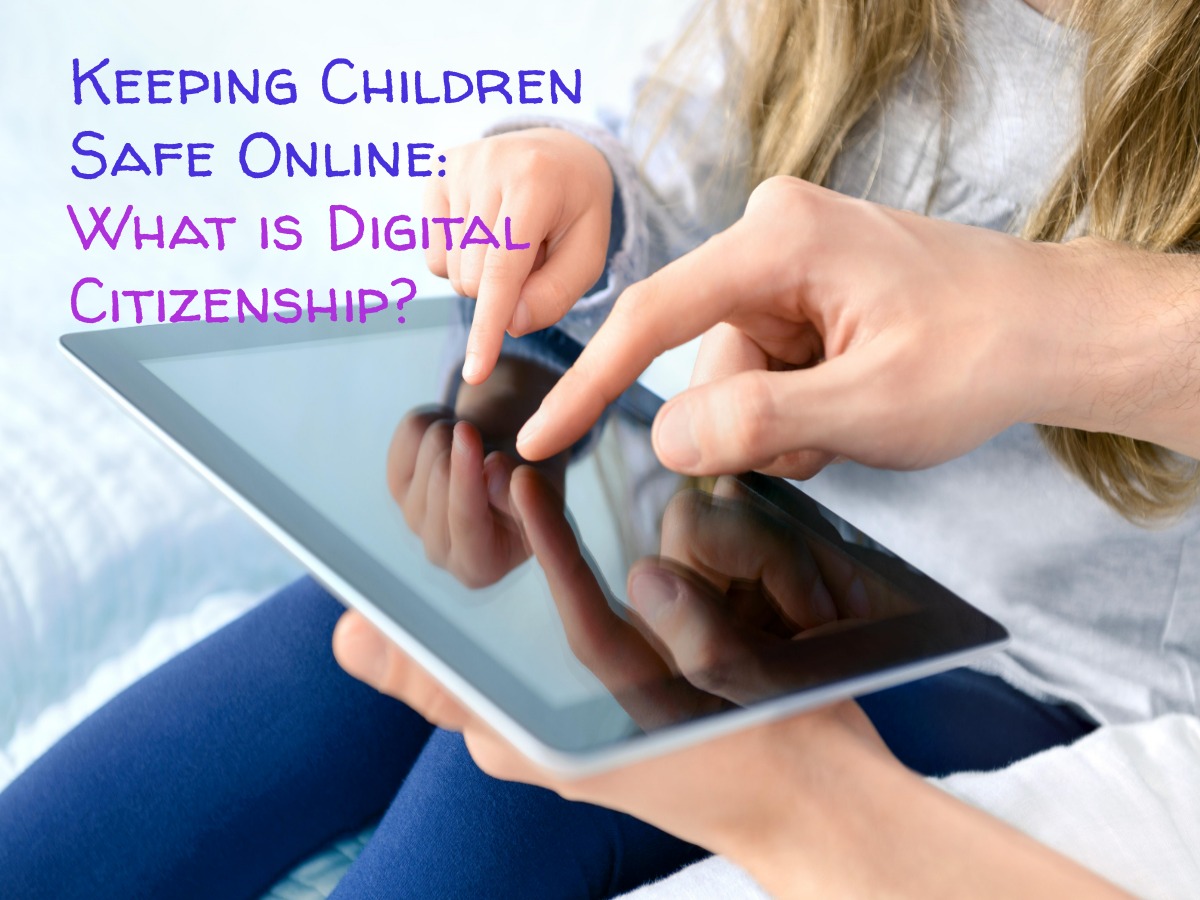Blog 3 - Keeping Your Children Safe Online – What is Digital Citizenship?
Blog 3 - Keeping Your Children Safe Online – What is Digital Citizenship?
We’re raising children who are going to conduct most of their adult lives online. The speed at which technology is advancing means our lives are becoming more and more dependent on online interactions to get things done. So before we let children loose to virtually meet the rest of the world, it makes sense to, not only set ground rules to protect your child’s digital security (https://www.swallowsandamazons.com.sg/posts/keeping-your-children-safe-online-10-digital-security-tips-to-protect-your-child-on-social-media-online-games-e-learning-platforms-and-the-internet) but to prepare them for how the online world works and the decisions they’ll have to make about who they are while they’re there.
So in my third and final blog about Keeping Your Children Safe Online, I’m going to introduce to a concept called Digital Citizenship.
I didn’t even know about this term until recently when I was hunting around for information that could help me help my own children with the ethical questions they face when they’re online. Digital citizenship means using technology responsibly when we use it to engage with the rest of the world. When our children are interacting with the digital world they owe it to themselves and others to act with integrity, so it can be a positive experience and not take anything they’re not willing to give.
- Digital Knowledge
Most children probably have no idea how the internet actually works. Explaining to them in layman’s terms how a series of servers and internet exchange points are networked across the world might give them a more tangible grasp of how communication and data travels back and forth at amazing speeds. There are maps you can find (online of course!) that detail the cables and major exchange points connecting continents.
- Digital Hygiene
Older kids might appreciate learning about how to keep your computer and interactions clean using VPN’s and anti-virus software. In the wake of home-based learnings, schools are being more vigilant about adding extra layers of protection for students, in terms of security and privacy.
- Digital Identification
Engaging with the internet presents children with the opportunity to decide who they want to be. In the absence of body language and face to face conversations, words take on greater meaning online. It’s worth chatting to your child about how to use the power of words responsibly, how they will probably come across people who abuse this and how to deal with this. Arming your children with the knowledge that it is their choice how much information they share online, not someone else’s can be very empowering. They have the right to maintain their privacy.
- Digital Ethics
As your child grows it’s natural that they’ll be grappling with all sorts of issues in the real world. it’s important to realise that this occurs online too. Chatting to your child will help them develop a set of ethics that they can use to navigate tricky situations and emotions like:
- Feeling envy at other people’s circumstances
- Whether or not to speak up if they see someone else treated badly
- Avoiding a debate becoming an argument
- Non-inclusive behaviour
- Digital Footprint
Did you know that every movement you make online can be tracked? Whenever we visit a website we leave a mark behind. And if we return to that website our actions become linked so that data is recorded about our habits and preferences. Despite various laws, this data can be bought and sold so that we can be targeted with a whole host of things. While we can’t always stop information being collected about us, by explaining to your how how their digital footprint works, they might be more informed about the action they take if they marketed to while they’re online.
In addition, more and more Universities and Companies are tracking one’s digital footprint to get some in depth information on the type of person you are. To see whether your ‘likes’ and ‘shares’ are in line with their corporate or university values even with you were a teenager! It’s scary.
- Digital Literacy
Digital Literacy is all about cultivating critical thinking and empathy. Helping your child interpret the information they come across and assess its veracity is critical for online interaction and protecting children from susceptibility. You can teach your child how to check sources and distinguish legitimate text and imagery from fake news and click bait. And talking to them about their responses to what they see and hear can help them to develop the ability to discern the feelings of other people and relate to their experience so that they don’t dismiss them or become desensitised.
- Digital Divide
Not everyone has access to a computer or smart phone. We’ve come to think of these devices as fairly indispensable so we sometimes forget that not everyone has them. Which means there are imbalances in people’s access to information.
- Digital Wellness
Keeping your children well online simply means making sure they spend lots of time offline too! Like everything in life, moderation is the key to health, harmony and happiness. Encouraging your child to get lots of physical activity and interaction in the real world will keep them real too. The computer, mobile phone, tablet are all tools which we are masters of and not the other way round.
I hope you’ve found the information I’ve shared in the series helpful in educating you on how to educate your kids for a great online experience. Keeping Our Kids Safe Online is manageable if we’re all informed. So do let me know if there’s something I haven’t covered, questions you have or anything I’ve not explained properly!
